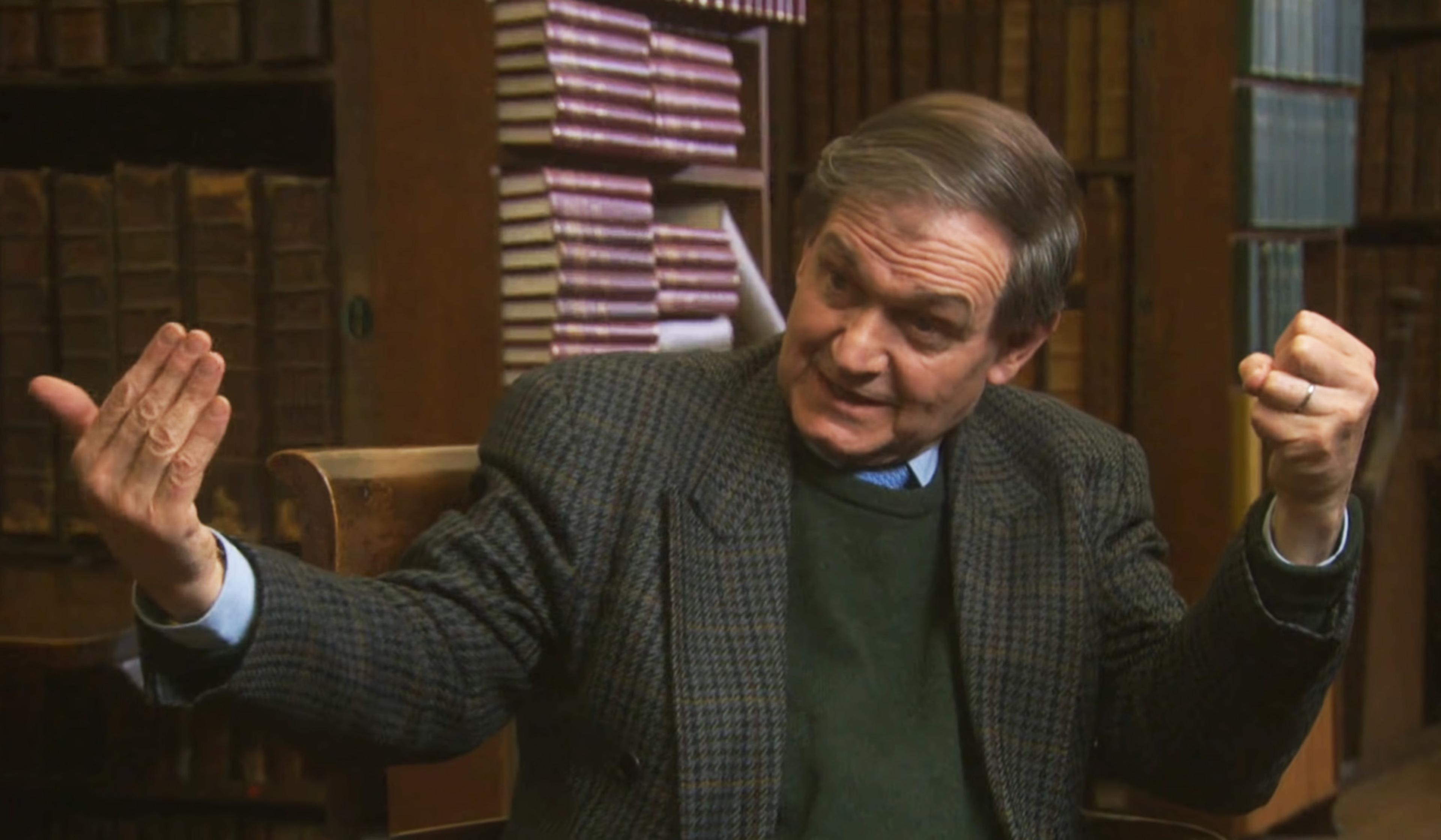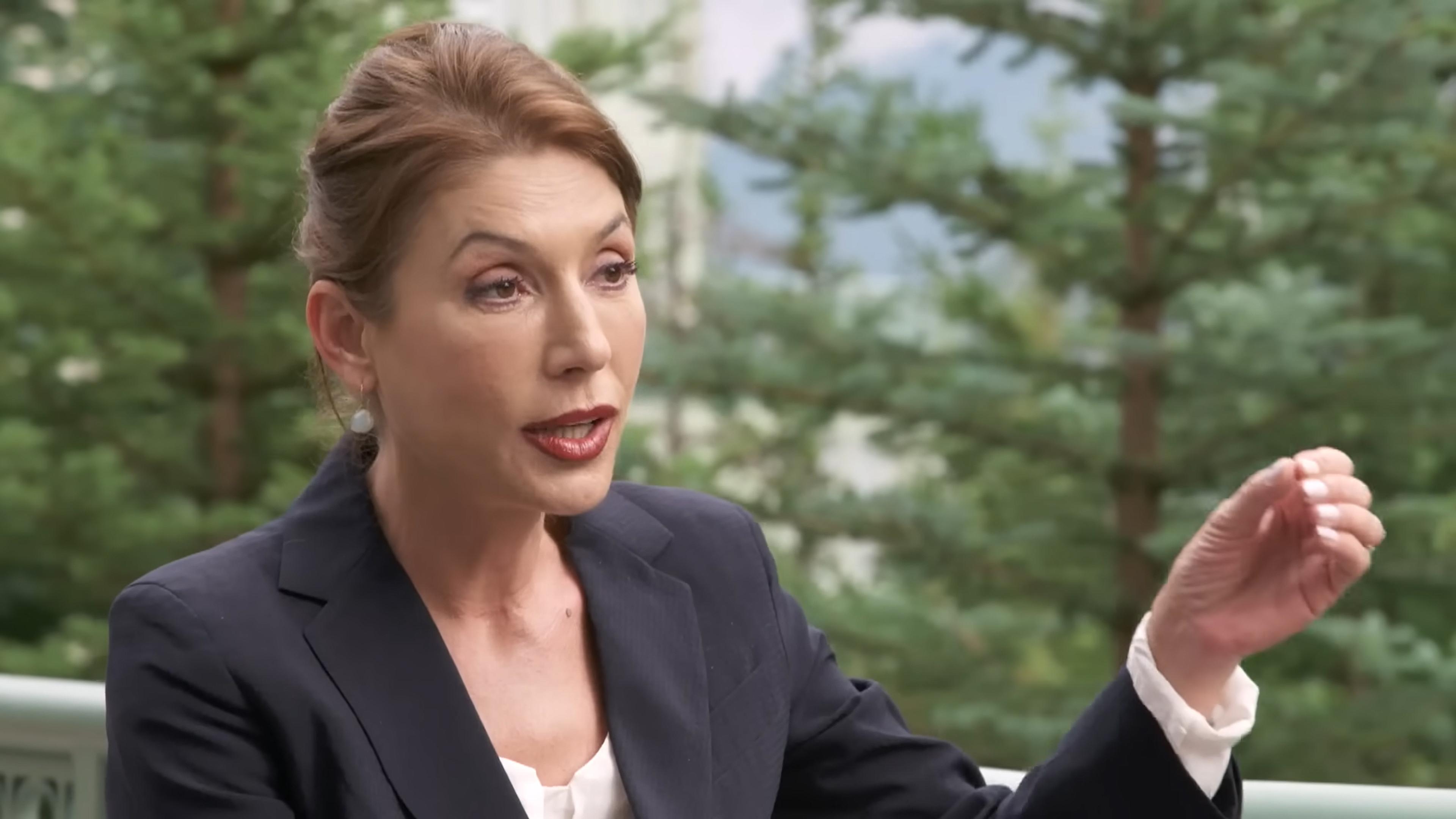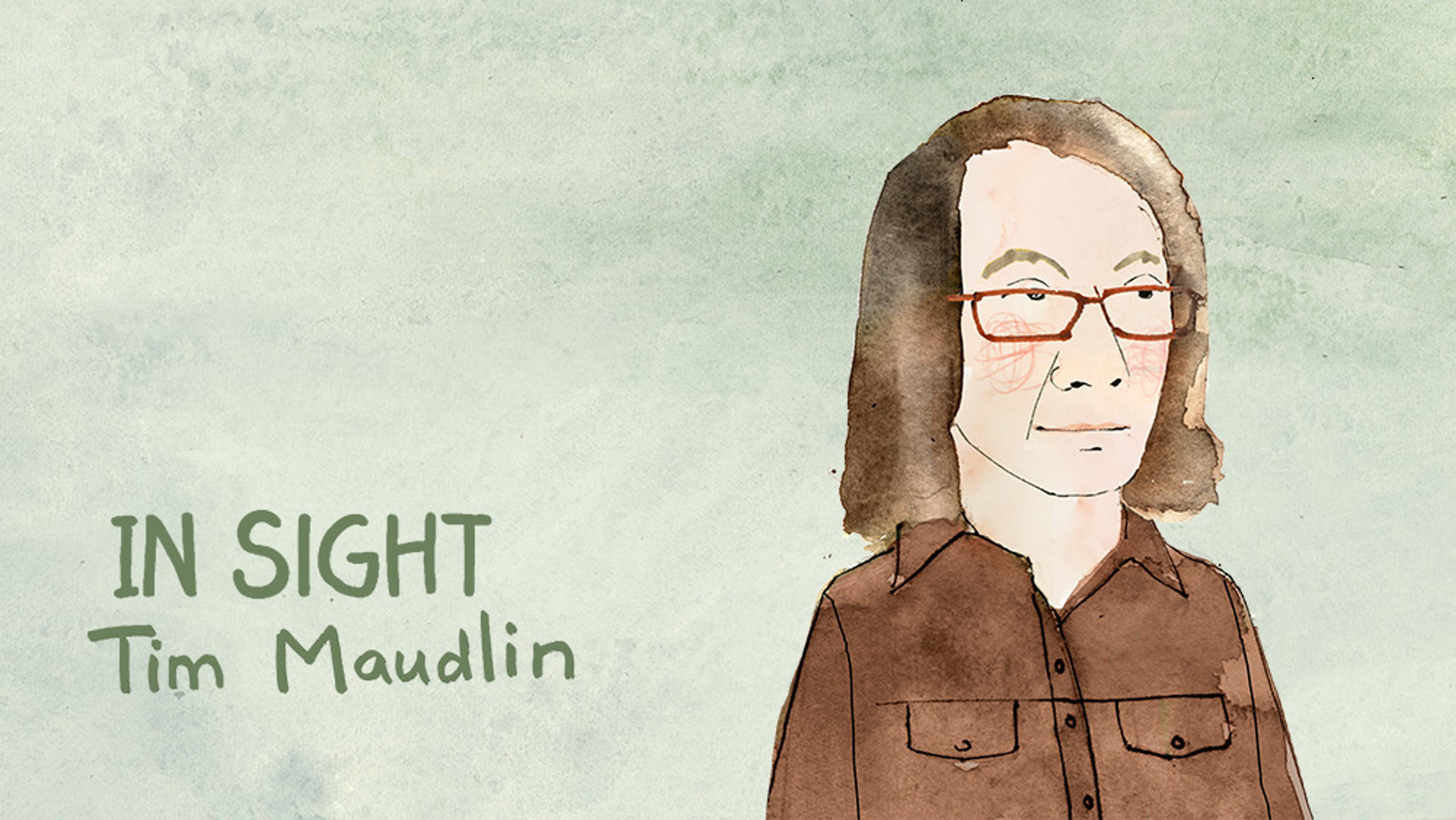Great cosmology research requires accounting for an enormous number of variables, everything from nuclear detonations to bird droppings. In this animation from Nature, the American radio astronomer Robert Wilson discusses how a pair of pigeons living in a large antenna frustrated attempts to measure the minimum brightness of the sky. Even once the pigeons were removed, the measurements still weren’t right. The issue, it turned out, was cosmic microwave background radiation left behind by the Big Bang – a discovery that would eventually earn Wilson part of the 1978 Nobel Prize in physics.
How pigeon droppings nearly derailed a massive discovery in cosmology
Video by Dog & Rabbit
19 January 2016
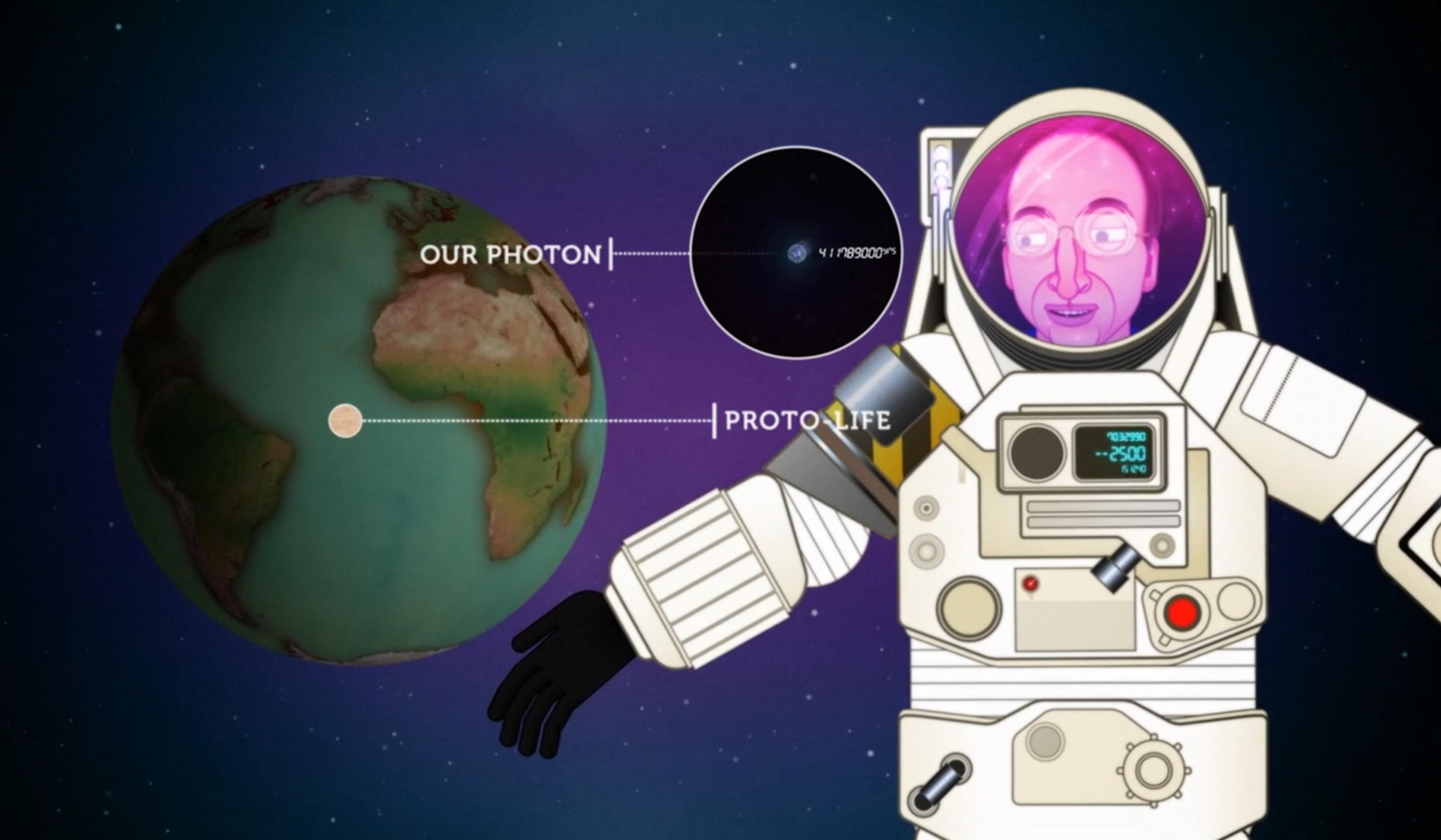
videoAstronomy
Take a 10 billion-year journey with a photon, from a distant supernova to Earth
3 minutes
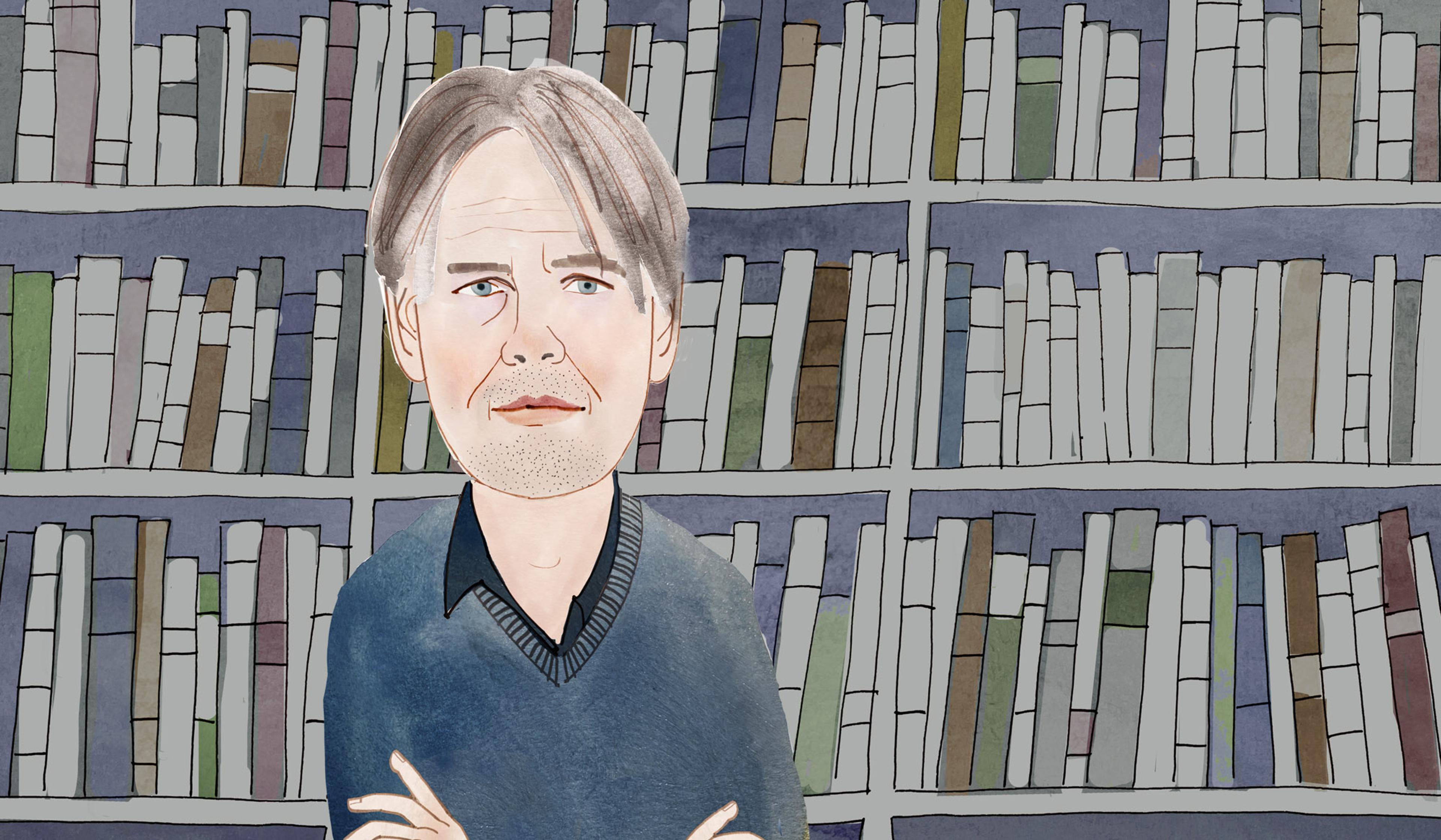
videoCosmology
Building ‘bigger and better’ has pushed cosmology forward. Can it take it any further?
7 minutes
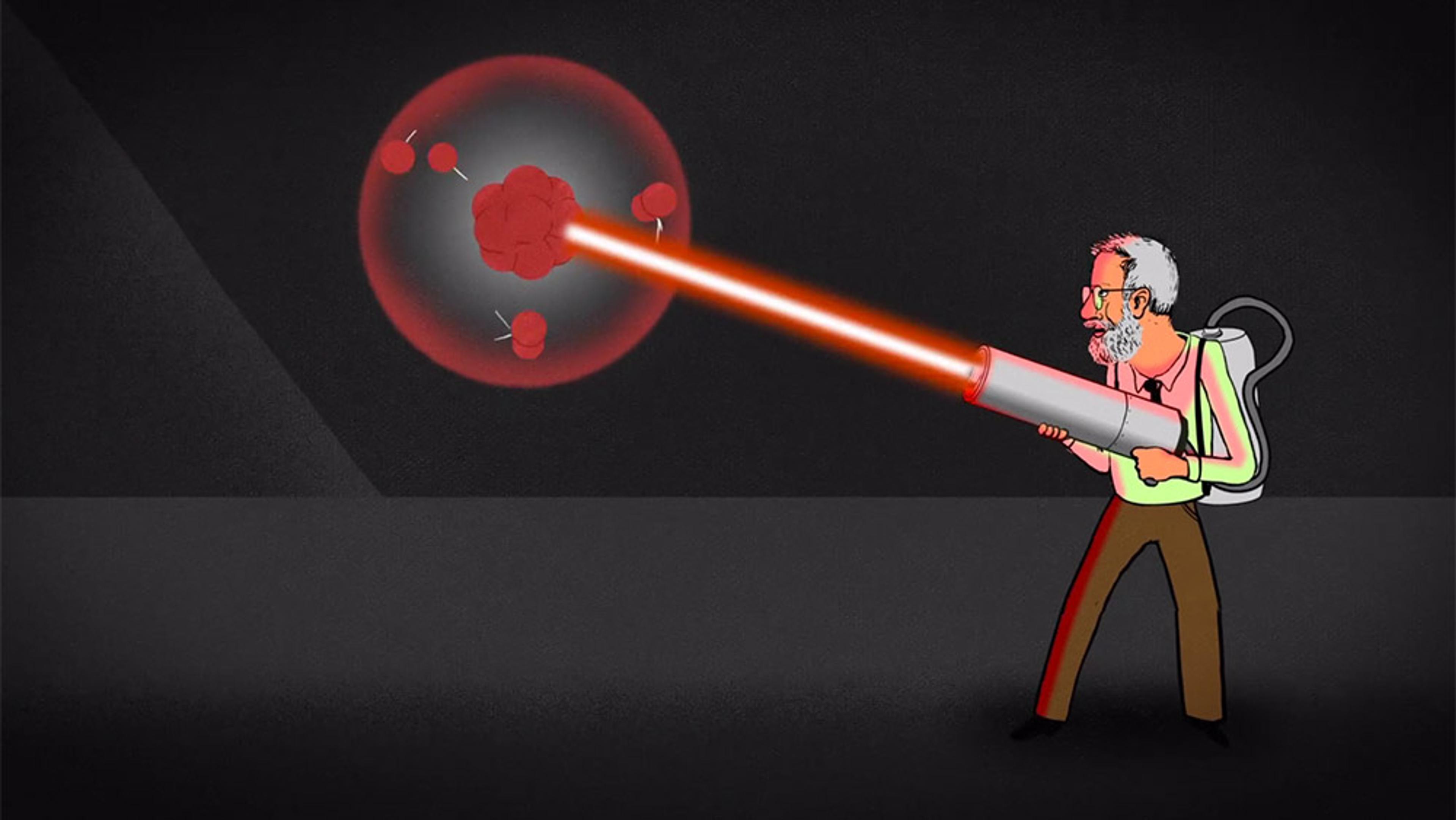
videoPhysics
How ticking atoms keep ultra-precise time for globe-connecting technologies
2 minutes
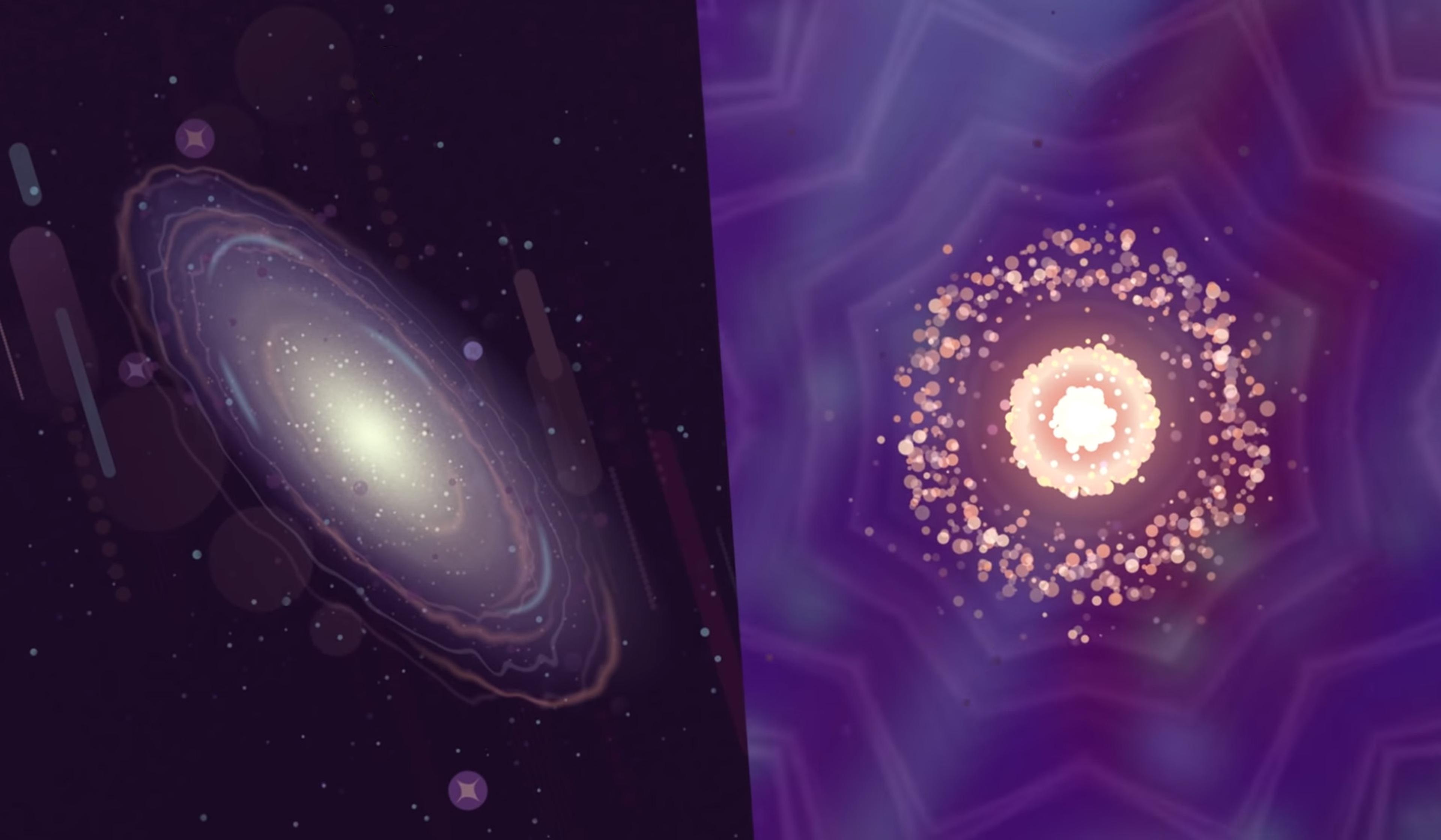
videoPhysics
There’s a striking link between quantum and astronomic scales. What could it mean?
5 minutes

videoAstronomy
Visualisations explore what the deep future holds for our night sky
6 minutes

videoHistory of science
How we came to know the size of the Universe – and what mysteries remain
26 minutes
